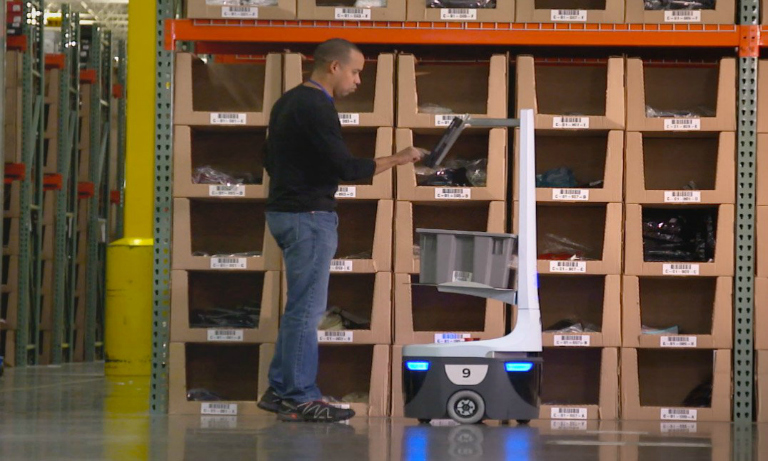 The human brain is limited and, as humans, we don’t always make the best decision
The human brain is limited and, as humans, we don’t always make the best decisionWhilst the robots we watched on Tomorrow’s World seemed light years away, we have already witnessed the replacement of many manufacturing jobs by robots; however, the visibility of such machines in everyday life and for most people is very low.
Now, advances in robotics and artificial intelligence (AI) in particular has led some in the know to suggest that a second wave of change is approaching. These changes, it is suggested, will affect more highly-paid jobs in the service sector.
Those in lower-paid jobs, such as cleaners, carers, bar staff, cooks and even gardeners, currently have greater job security against artificial intelligence than those in jobs that require calculating credit scores or insurance premiums, for example.
Machines are very good at calculating complex algorithms and large quantities of data; however, the replication of human movement in everyday tasks is more difficult. As a result, the general view is that routine work carried out in the workplace, such as operating basic machinery, bookkeeping, and data processing, analysing or entry, is most vulnerable to being replicated by machines.
What this means to the labour market is that it is likely to be those who have spent many years in schools and universities who will find their positions becoming surplus to requirements.
Research has also shown that up to 49% of the time spent on work activities could already be automated by the technology that is either currently available in the market place or is being developed.
Artificial intelligence is also making advances in text and speech recognition and analysis. Referred to as natural language processing, it is felt that this has the potential to encroach upon the work currently carried out by professionals.
As an example, it was previously felt that lawyers were protected from the effects of the robot revolution, since much legal work requires the sifting of documents for relevant information – a task that is heavily reliant upon language analysis. The progress of artificial intelligence demonstrates that this is clearly no longer the case.
It is therefore evident that the robot revolution continues to transform our daily lives, and there is nothing to suggest that this will change in the imminent future. Alternative work sources – perhaps even a controversial universal income, which has already been pioneered in Switzerland – are options that the powers that be must consider.
Recruiters love this COMPLETE set of Accredited Recruitment & HR Training – View Training Brochure








